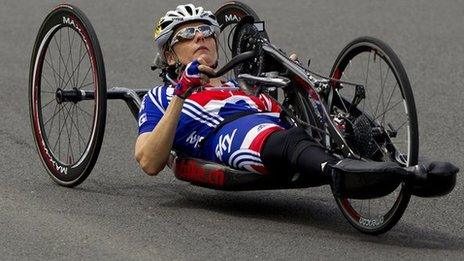Rio Paralympics 2016: Organisers two weeks behind on travel grant payments
- Published
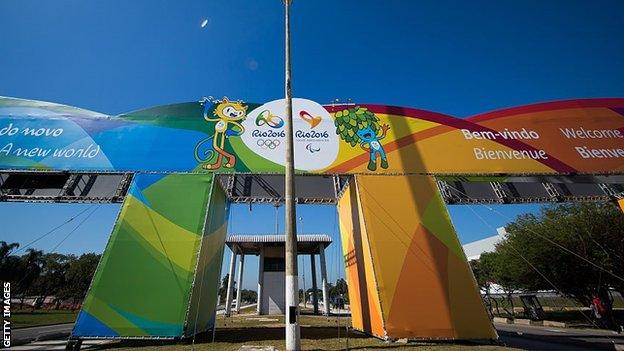
The Paralympic Games are due to begin on 7 September
Athletes' chances of getting to next month's Paralympic Games in Rio are "severely threatened" by delayed travel grant payments, the International Paralympic Committee (IPC) has warned.
Rio 2016's organising committee is two weeks late in paying 8m euros (£7m) in grants to national Paralympic bodies.
The grants cover the travel costs for competing athletes and officials.
It is thought as many as 50 nations may be unable to afford to send athletes to the Games, which start on 7 September.
An IPC source told BBC sports editor Dan Roan that if the money is not paid it could "decimate the Games".
The contingency funds have instead been spent on addressing various problems at the Rio Olympics, including repairs, security and issues with the diving pool.
The IPC has told organisers to find a quick resolution after emergency talks.
It also now expects some services for some stakeholders at the Paralympics to be scaled back. Some venues may no longer have media centres, and hospitality.
IPC president Sir Phil Craven is holding crisis talks with Brazil's federal government about the matter in the country's capital Brasilia on Monday, while chief executive Xavier Gonzalez is meeting the organising committee.
"With the Games fast approaching, time is of the essence," said Gonzalez.
"All week we have been working closely with all parties involved to try to find solutions to the issues Rio 2016 currently has in order to minimise the potential impact on next month's Paralympic Games."
Gonzalez said the IPC is looking at ways of bringing in additional funding but added the organising committee "must find a resolution early next week".
Rio 2016 organisers should have paid all participating Paralympic committees the first instalment of a support grant by the end of July, he said.
"These grants are vital to many countries paying for their travel to the Games in Brazil," added Gonzalez. "If unpaid, they seriously threaten a country's participation at Rio 2016."
Rio 2016 spokesman Mario Andrada admitted the organising committee was looking for "efficiencies and synergies" so it could stage the "iconic Games the Paralympics deserve".
"We haven't run out of money but, like the Olympics, we've looked at cuts and we are revising our plans in the same direction," he said.
"At the moment, we've got half a Games under our belt; next week, we'll have even more experience."
Given Brazil is experiencing the worst recession in its history, there is almost no prospect of any public funding being made available.
Andrada said ticket sales for the Rio Paralympics are "below expectations", but that was because they had to concentrate on the Olympics.
He added there were no plans to cut anything from the programme and said the organising committee was consulting the Brazilian Paralympic Committee for advice.
- Published13 August 2016
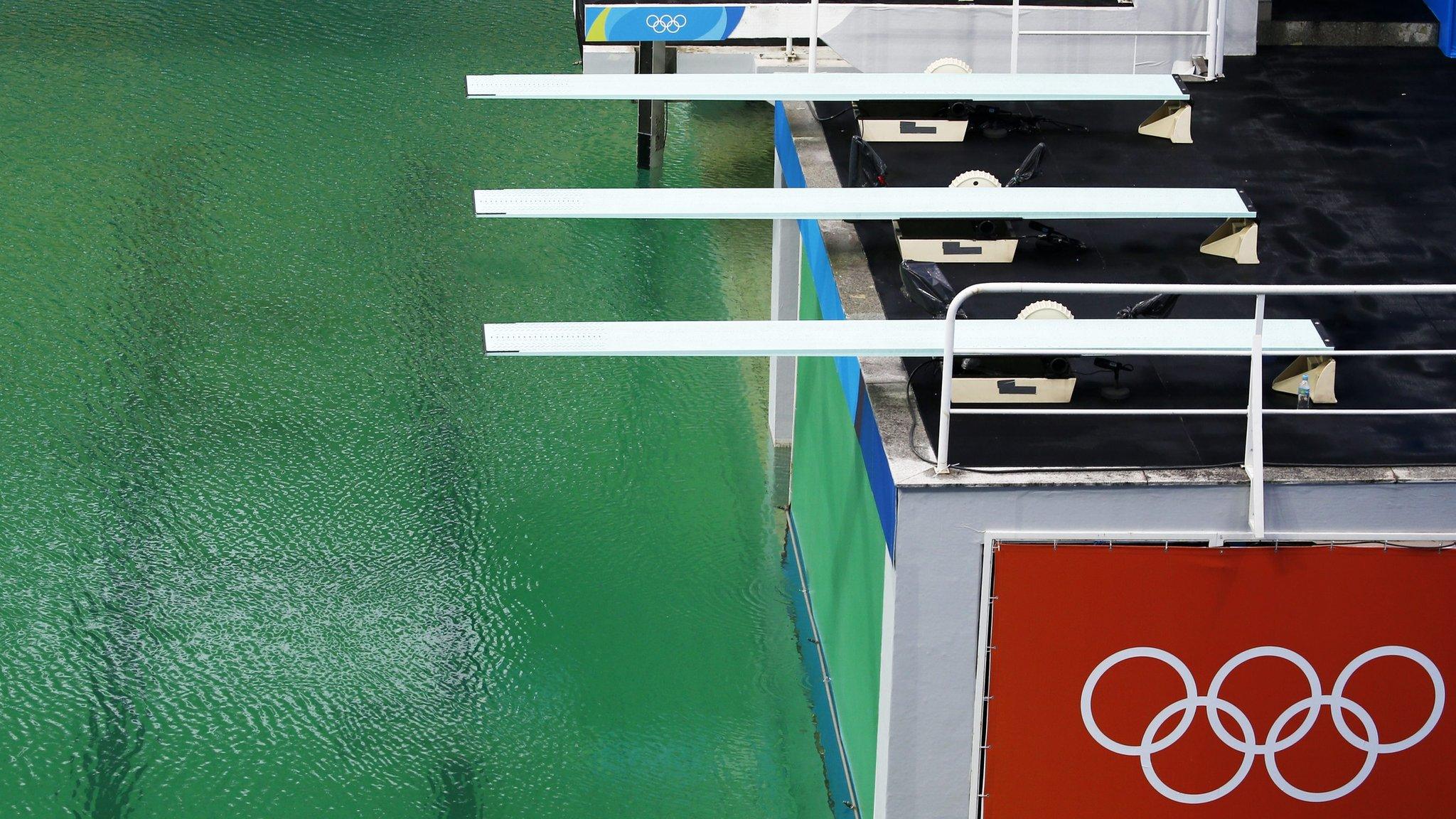
- Published13 August 2016
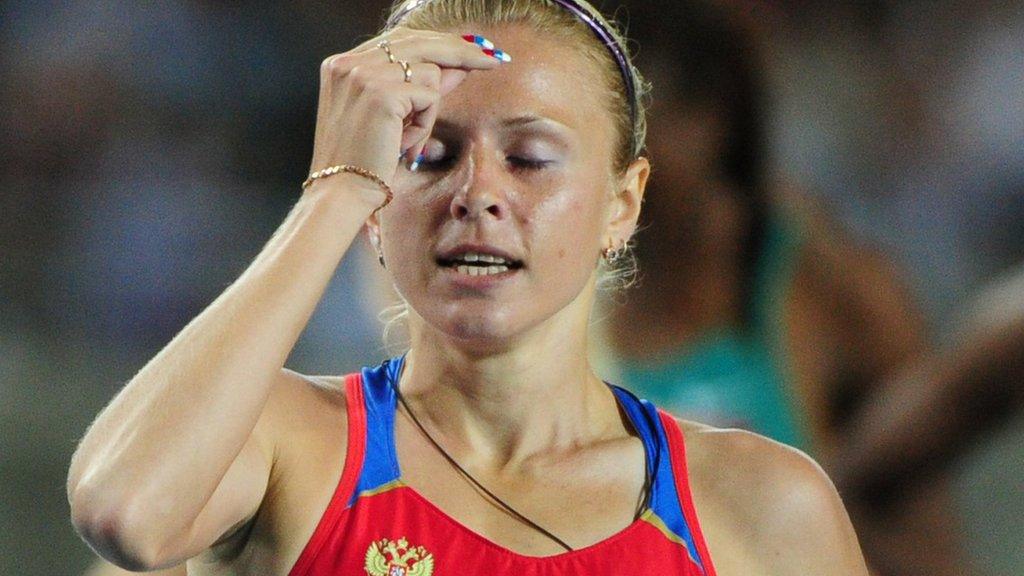
- Published12 August 2016
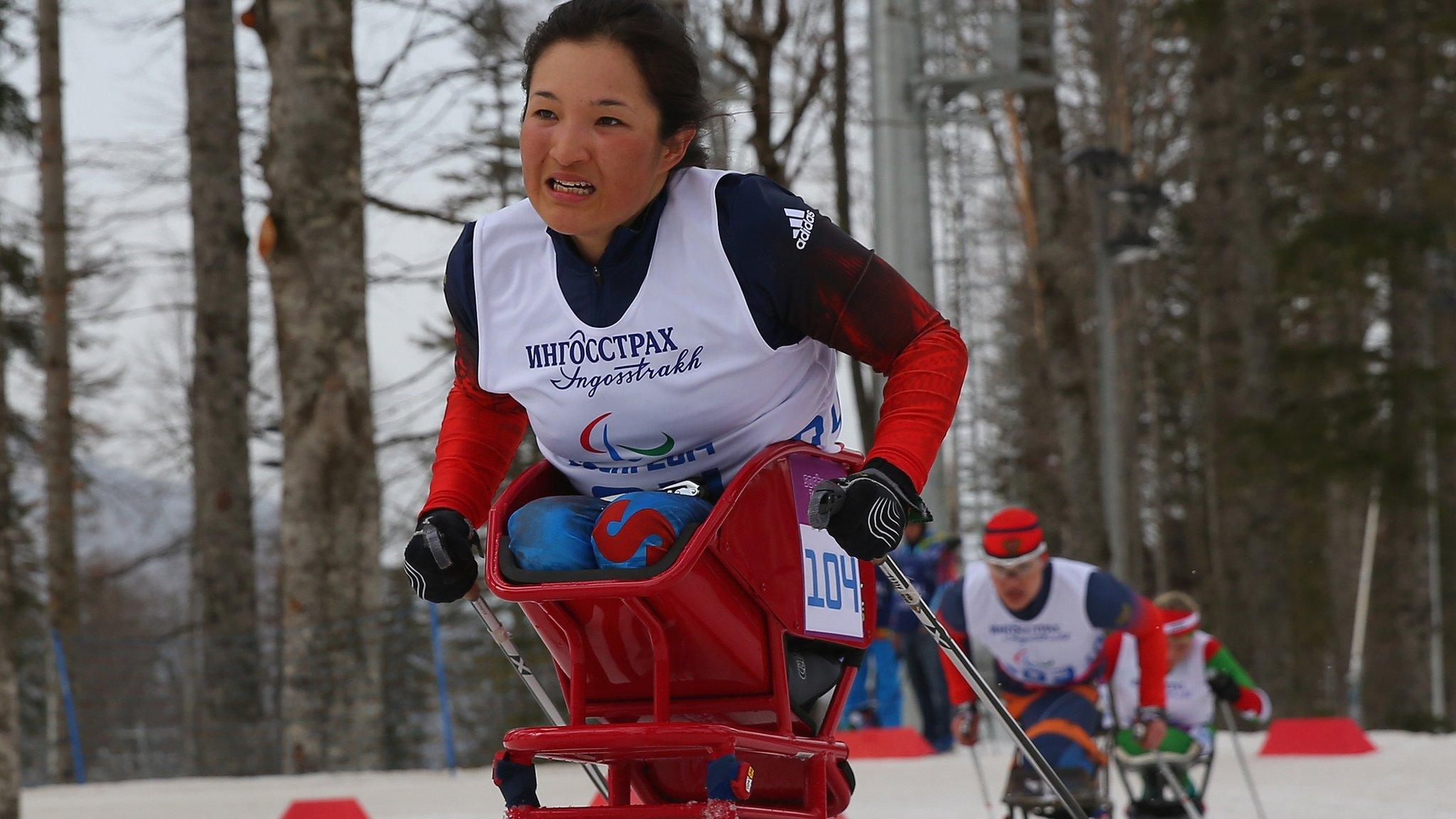
- Published23 August 2016
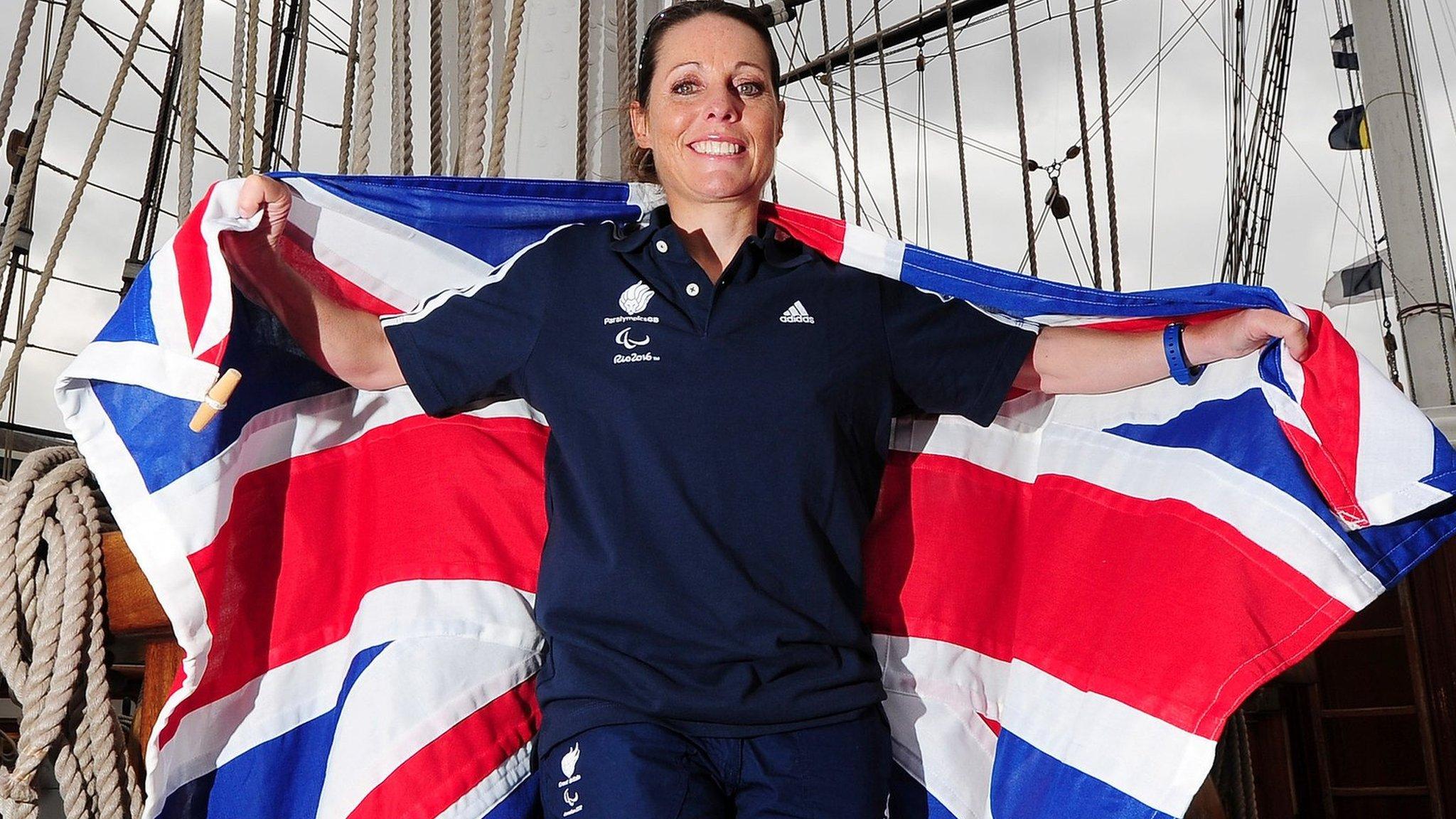
- Published5 September 2016
